Table of Contents
- Selecting the Right Cage for Your Cockatiel
- Importance of Cage Placement in Your Home
- Setting Up the Ideal Cage Interior
- Maintaining a Clean Cage Environment
- Feeding Your Cockatiel in the Cage
- Ensuring Proper Ventilation in the Cage
- Providing Out-of-Cage Time for Your Cockatiel
- Managing Cockatiel Behavior in the Cage
- Creating a Safe Cage Environment
- The Importance of Social Interaction for Caged Cockatiels
- Handling Cockatiel Cage Aggression
- Final Tips for Keeping a Cockatiel in a Cage
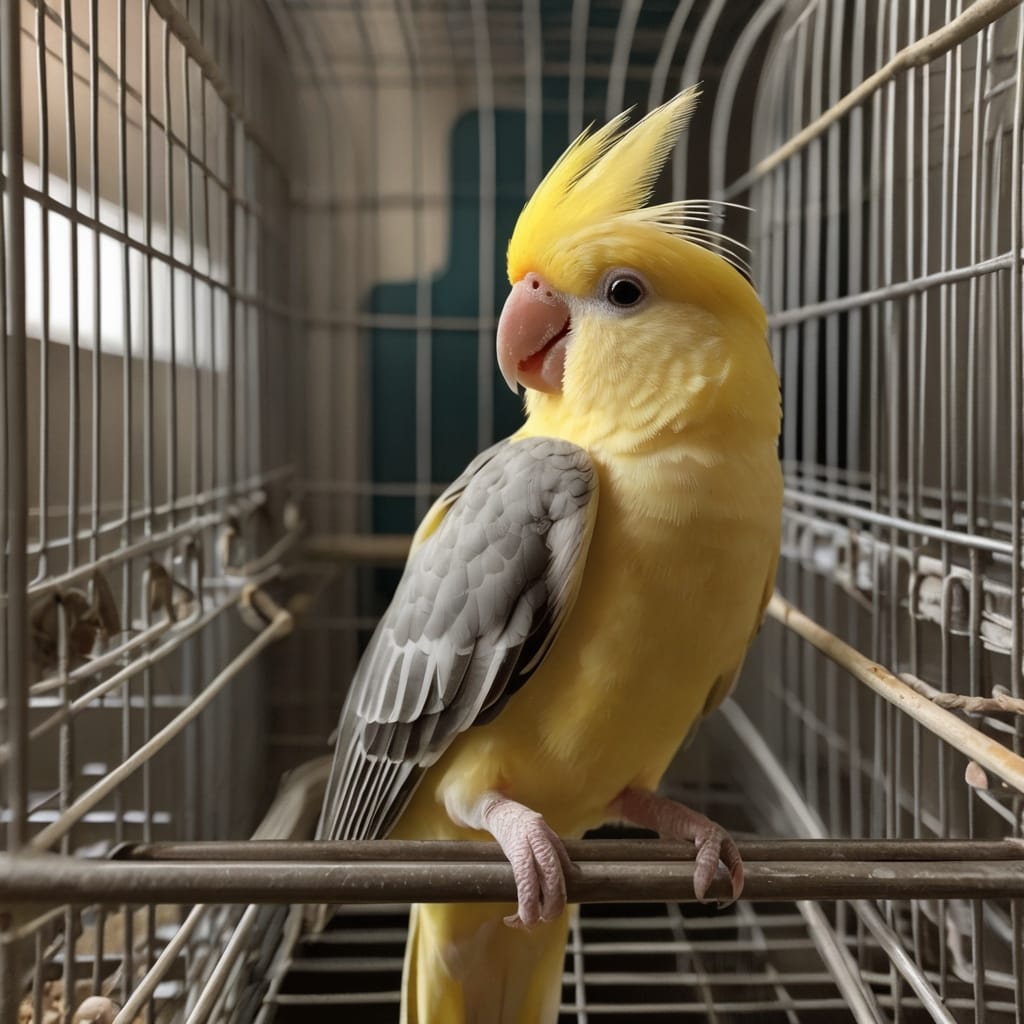
Keeping a cockatiel in a cage requires thoughtful care and attention to ensure your bird remains healthy, happy, and well-adjusted. A well-designed and well-maintained cage can provide a safe and stimulating environment for your cockatiel. This guide covers everything you need to know about caring for a cockatiel in a cage, from choosing the right cage and accessories to ensuring your bird’s physical and mental well-being.
1-Selecting the Right Cage for Your Cockatiel
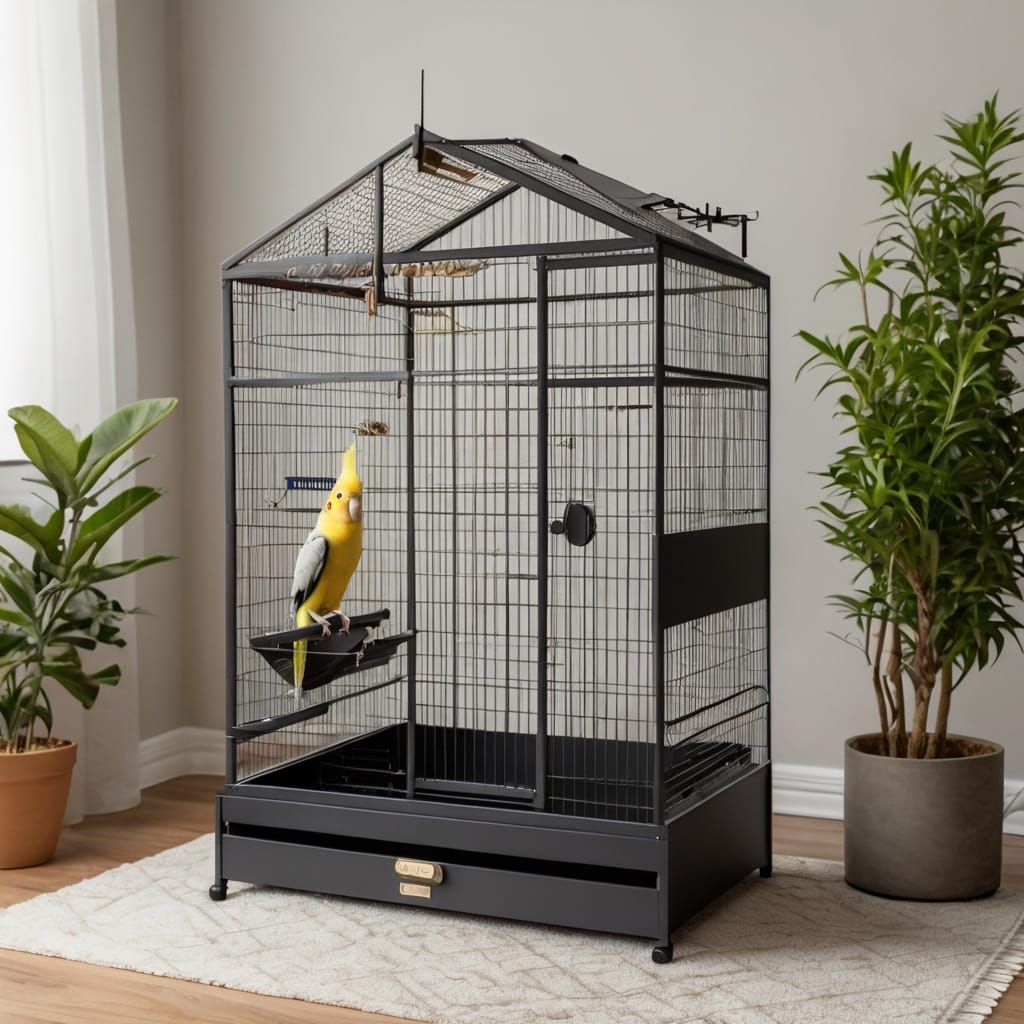
Choosing the right cage is the first step in ensuring your cockatiel’s comfort and happiness. The cage should be spacious enough to allow your bird to move freely, stretch its wings, and engage in natural behaviors like climbing and playing. A minimum cage size of 20 inches long, 20 inches wide, and 24 inches high is recommended, with bar spacing between 1/2 and 5/8 inches. Opt for a cage made from durable, non-toxic materials, such as stainless steel or powder-coated metal.
2-Importance of Cage Placement in Your Home

Where you place the cage in your home can significantly impact your cockatiel’s well-being. The cage should be located in a room where your bird can interact with the family but also have some quiet time. Avoid placing the cage in direct sunlight, near drafts, or in high-traffic areas that may cause stress. A quiet, well-lit room with natural light is ideal. Keeping the cage at eye level helps your cockatiel feel secure and part of the household.
3-Setting Up the Ideal Cage Interior

Creating a comfortable and enriching environment inside the cage is essential for your cockatiel’s well-being. Equip the cage with perches of varying diameters, made from natural wood, to keep your bird’s feet healthy. Provide a variety of toys, such as bells, mirrors, and foraging toys, to keep your cockatiel mentally stimulated. Food and water dishes should be easy to access and clean. Include a cuttlebone or mineral block to help with beak maintenance and calcium intake.
4-Maintaining a Clean Cage Environment

A clean cage is vital for your cockatiel’s health. Daily cleaning involves removing droppings, uneaten food, and changing the cage liner. Once a week, give the cage a thorough cleaning with bird-safe disinfectants, washing perches, toys, and dishes to prevent bacteria buildup. Regularly check for any loose bars or broken toys that could pose a safety risk. A clean and well-maintained cage not only keeps your bird healthy but also makes it a pleasant environment to live in.
5-Feeding Your Cockatiel in the Cage

Providing a balanced diet is crucial for your cockatiel’s health and longevity. Inside the cage, offer a variety of high-quality pellets, fresh fruits, vegetables, and seeds in moderation. Avoid feeding your cockatiel foods that are high in fat, salt, or sugar, as these can lead to health problems. Ensure that fresh water is available at all times. The food and water dishes should be cleaned daily to prevent contamination and maintain your bird’s health.
6-Ensuring Proper Ventilation in the Cage
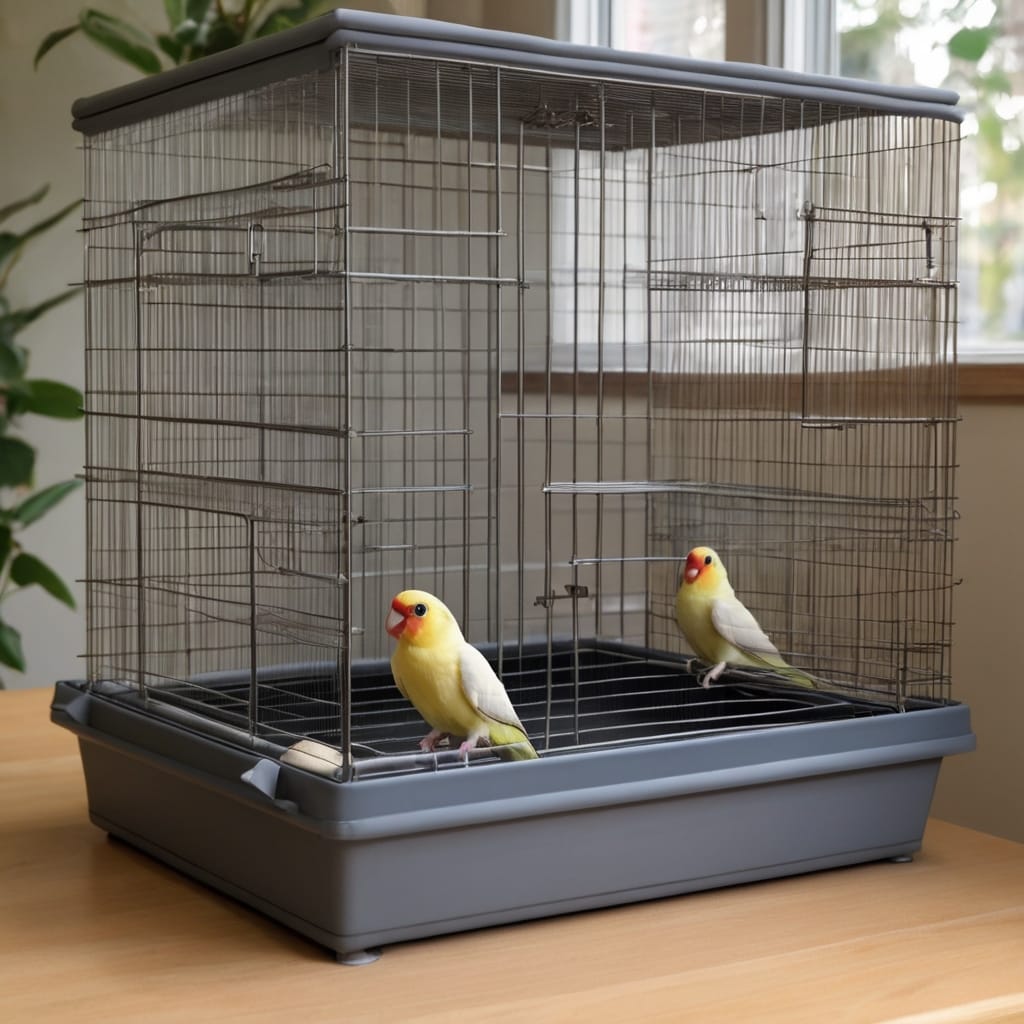
Proper ventilation is crucial to maintaining a healthy environment inside the cage. The cage should have adequate spacing between the bars to allow for good airflow while ensuring your cockatiel cannot escape or get stuck. Avoid covering the cage completely, as this can restrict airflow and cause respiratory problems. If you cover the cage at night to promote sleep, ensure that there is still some ventilation to keep the air fresh and breathable for your cockatiel.
7-Providing Out-of-Cage Time for Your Cockatiel
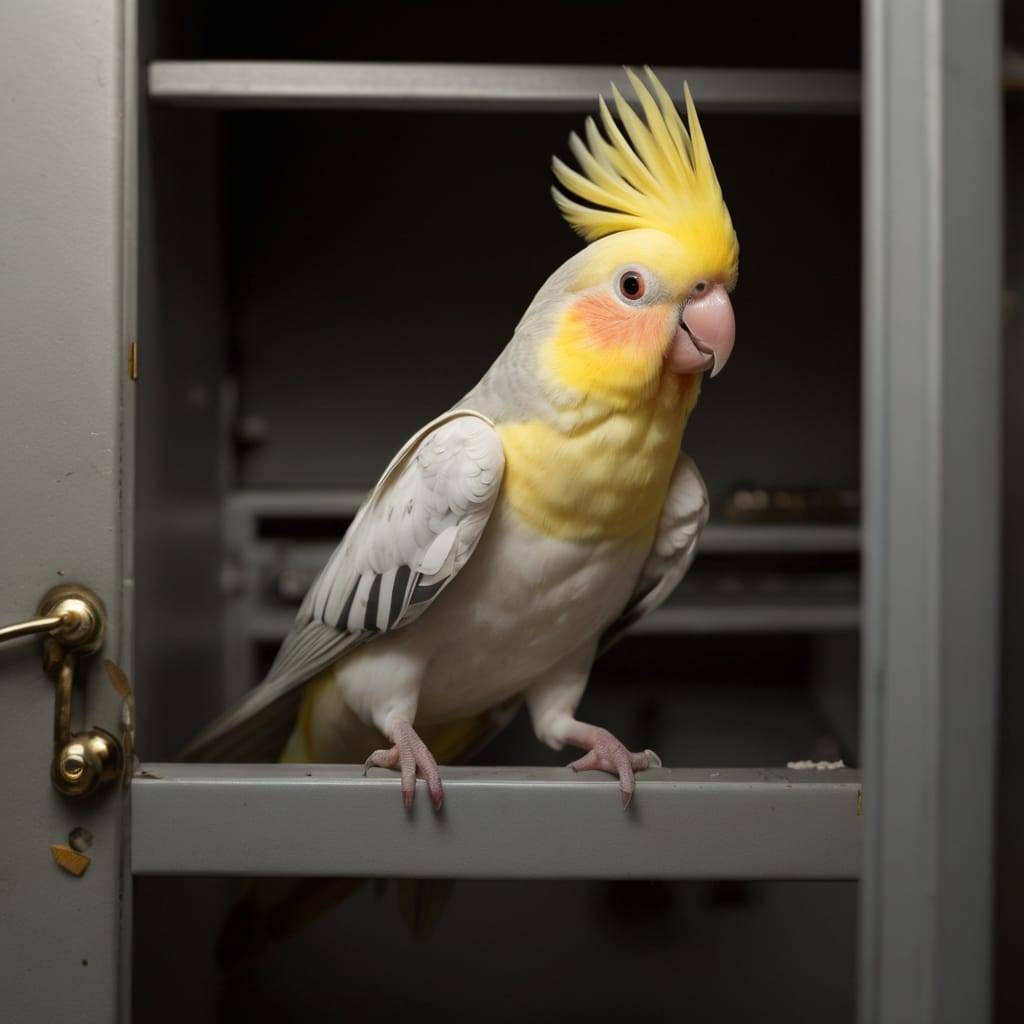
While it’s important to provide a comfortable cage, cockatiels also need time outside the cage for exercise and socialization. Allow your cockatiel to spend a few hours each day outside the cage in a safe, bird-proofed area. This out-of-cage time is essential for their physical and mental well-being, allowing them to stretch their wings, explore, and interact with their environment. Always supervise your cockatiel during this time to ensure its safety.
8-Managing Cockatiel Behavior in the Cage

Understanding and managing your cockatiel’s behavior in the cage is key to ensuring a happy and stress-free life. Cockatiels may exhibit behaviors such as screaming, feather plucking, or cage aggression if they are bored or stressed. To manage these behaviors, ensure your bird has plenty of toys and mental stimulation. Spend time interacting with your cockatiel and offer positive reinforcement when it displays calm and friendly behavior. If behavioral issues persist, consult an avian veterinarian or a bird behavior specialist.
9-Creating a Safe Cage Environment

Safety is a top priority when setting up your cockatiel’s cage. Ensure that all toys, perches, and accessories are securely attached and made from bird-safe materials. Avoid placing perches directly above food and water dishes to prevent contamination from droppings. Regularly inspect the cage for any sharp edges or loose bars that could cause injury. By creating a safe and secure environment, you can prevent accidents and keep your cockatiel healthy.
10-The Importance of Social Interaction for Caged Cockatiels

Social interaction is vital for a cockatiel’s emotional well-being. Cockatiels are social birds that thrive on companionship, whether it’s from their human family members or another bird. Spend time talking, playing, and interacting with your cockatiel daily. If possible, consider getting a companion cockatiel to provide company when you’re not around. Social interaction helps prevent loneliness, stress, and behavioral issues, contributing to a happier and healthier bird.
11-Handling Cockatiel Cage Aggression

Cage aggression can be a challenge for some cockatiel owners. This behavior may occur if the bird feels threatened or overly territorial about its space. To manage cage aggression, ensure the cage is spacious and filled with enriching toys and perches. Spend time interacting with your cockatiel outside the cage to reduce its territorial instincts. Gradually introduce your hand into the cage with treats to build trust and reduce aggressive behavior over time.
12-Final Tips for Keeping a Cockatiel in a Cage

Successfully keeping a cockatiel in a cage involves more than just providing the basics. Ensure your bird has a spacious, safe, and enriching environment inside the cage. Regularly clean and maintain the cage, offer a balanced diet, and provide ample social interaction and out-of-cage time. By understanding your cockatiel’s needs and creating a nurturing environment, you can ensure a long, happy, and healthy life for your feathered friend.
Hashtags
- #CockatielInCage
- #BirdCare
- #CockatielBehavior
- #PetBirds
- #CagedBirdWellness








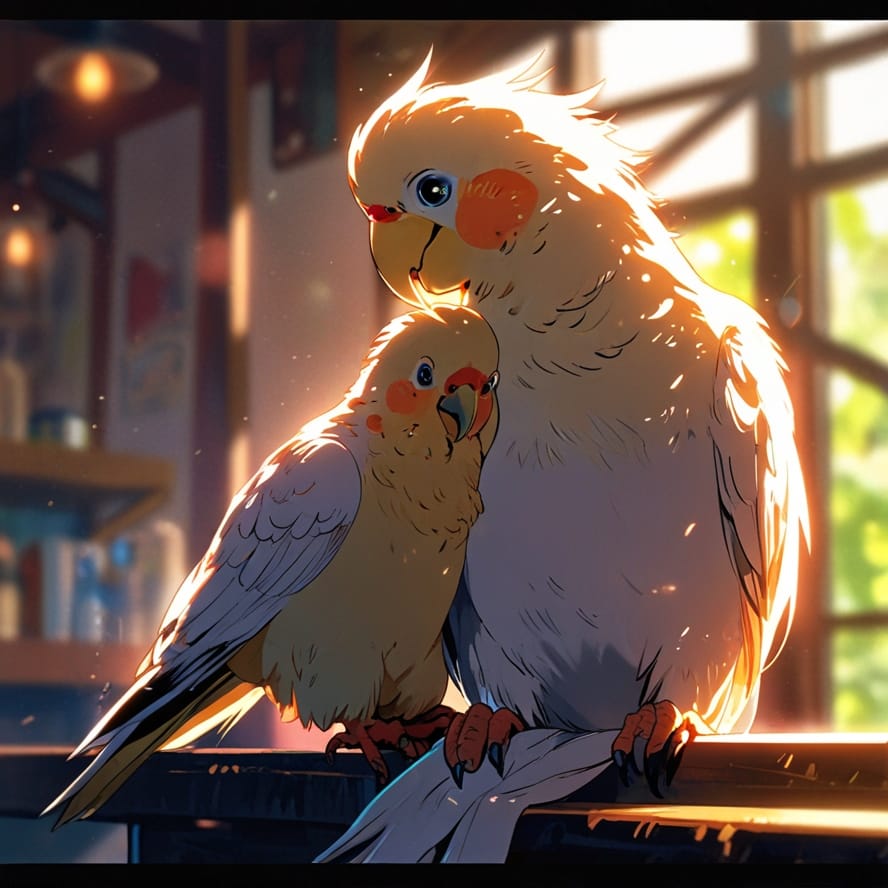




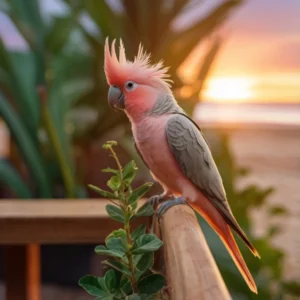
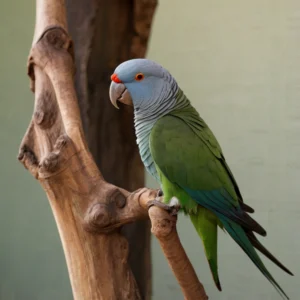
1 Comment
[…] Caring for Your Cockatiel in a Cage: A Complete Guide […]